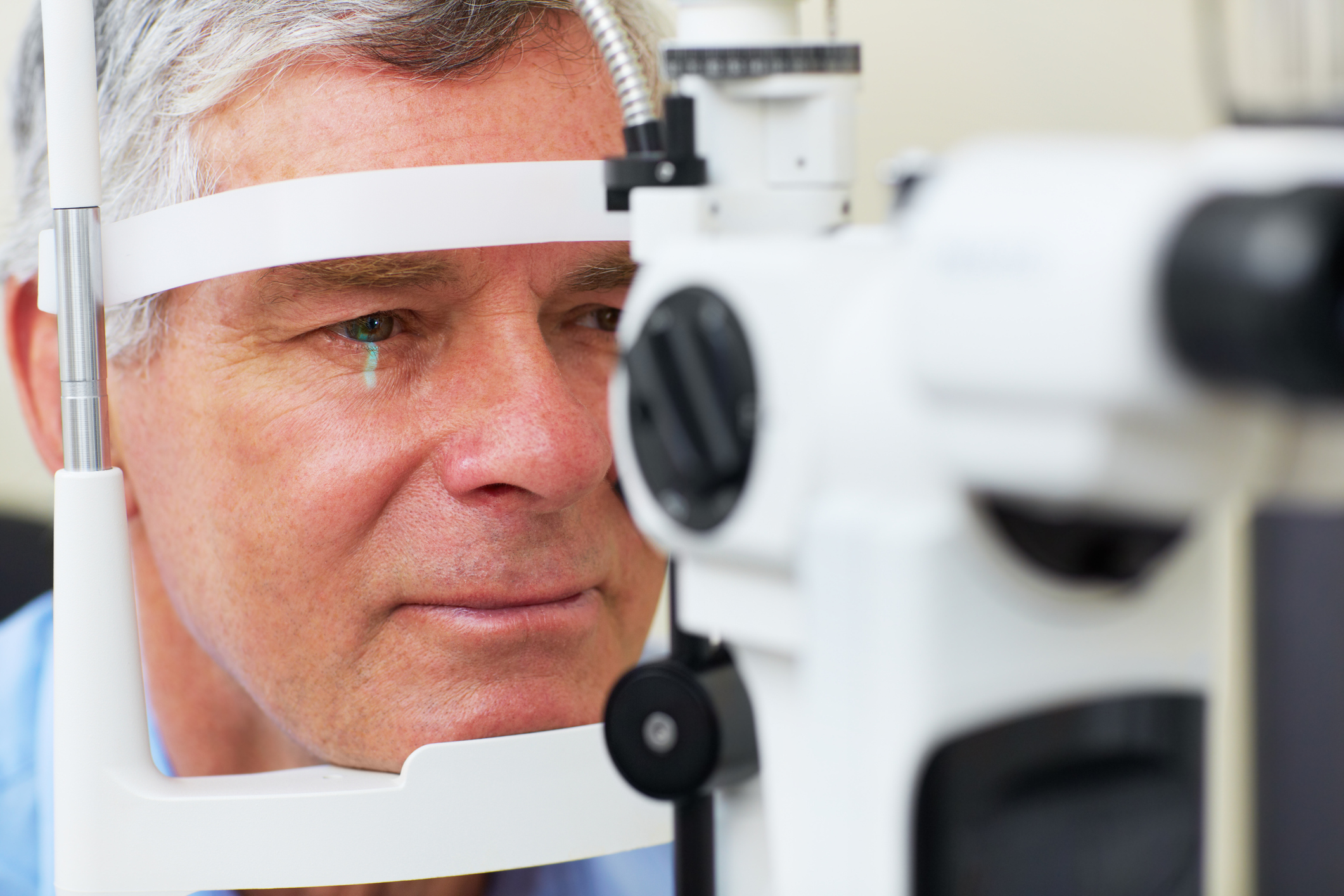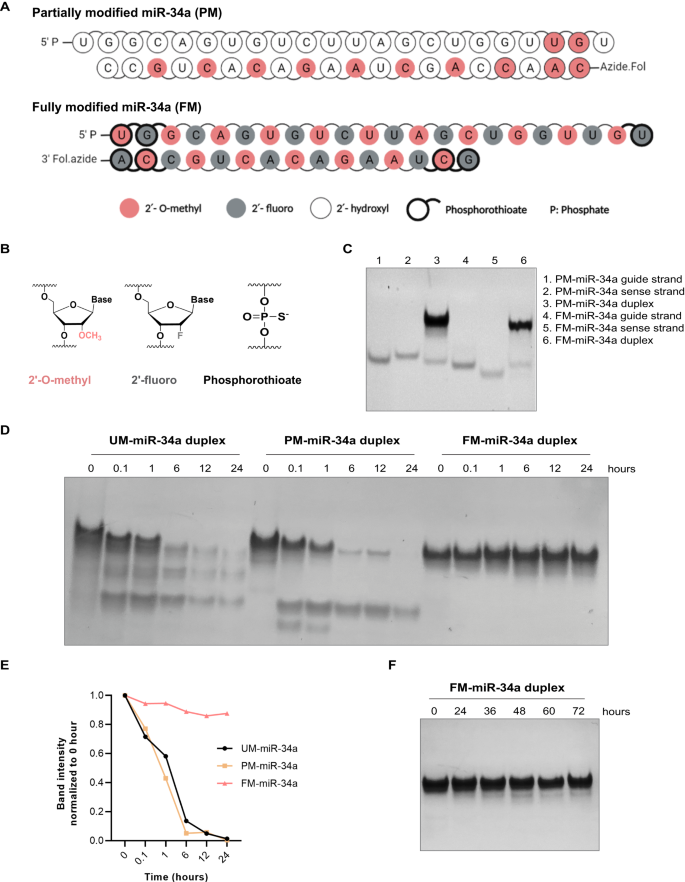2023-08-31 ジョージア工科大学
◆このオープンソースプログラムは、複雑なコンピュータコーディングの知識がなくても、研究者が人工知能アルゴリズムを活用して実験データから新たな洞察を得るのに役立ちます。iCLOTSは、あらゆるイメージングデータに対応し、使いやすさを提供し、既存の解析ツールとは異なるアプローチを提供しています。このソフトウェアはバイオメディカル研究の進化に寄与し、広範な利用が期待されています。
<関連情報>
- https://coe.gatech.edu/news/2023/08/new-software-means-biomedical-researchers-dont-have-be-computer-scientists-too
- https://www.nature.com/articles/s41467-023-40522-4
iCLOTS:マイクロ流体および顕微鏡ベースのアッセイにおける血液細胞の分析のための、オープンソースの人工知能対応ソフトウェア iCLOTS: open-source, artificial intelligence-enabled software for analyses of blood cells in microfluidic and microscopy-based assays
Meredith E. Fay,Oluwamayokun Oshinowo,Elizabeth Iffrig,Kirby S. Fibben,Christina Caruso,Scott Hansen,Jamie O. Musick,José M. Valdez,Sally S. Azer,Robert G. Mannino,Hyoann Choi,Dan Y. Zhang,Evelyn K. Williams,Erica N. Evans,Celeste K. Kanne,Melissa L. Kemp,Vivien A. Sheehan,Marcus A. Carden,Carolyn M. Bennett,David K. Wood & Wilbur A. Lam
Nature Communications Published:18 August 2023
DOI:https://doi.org/10.1038/s41467-023-40522-4

Abstract
While microscopy-based cellular assays, including microfluidics, have significantly advanced over the last several decades, there has not been concurrent development of widely-accessible techniques to analyze time-dependent microscopy data incorporating phenomena such as fluid flow and dynamic cell adhesion. As such, experimentalists typically rely on error-prone and time-consuming manual analysis, resulting in lost resolution and missed opportunities for innovative metrics. We present a user-adaptable toolkit packaged into the open-source, standalone Interactive Cellular assay Labeled Observation and Tracking Software (iCLOTS). We benchmark cell adhesion, single-cell tracking, velocity profile, and multiscale microfluidic-centric applications with blood samples, the prototypical biofluid specimen. Moreover, machine learning algorithms characterize previously imperceptible data groupings from numerical outputs. Free to download/use, iCLOTS addresses a need for a field stymied by a lack of analytical tools for innovative, physiologically-relevant assays of any design, democratizing use of well-validated algorithms for all end-user biomedical researchers who would benefit from advanced computational methods.

